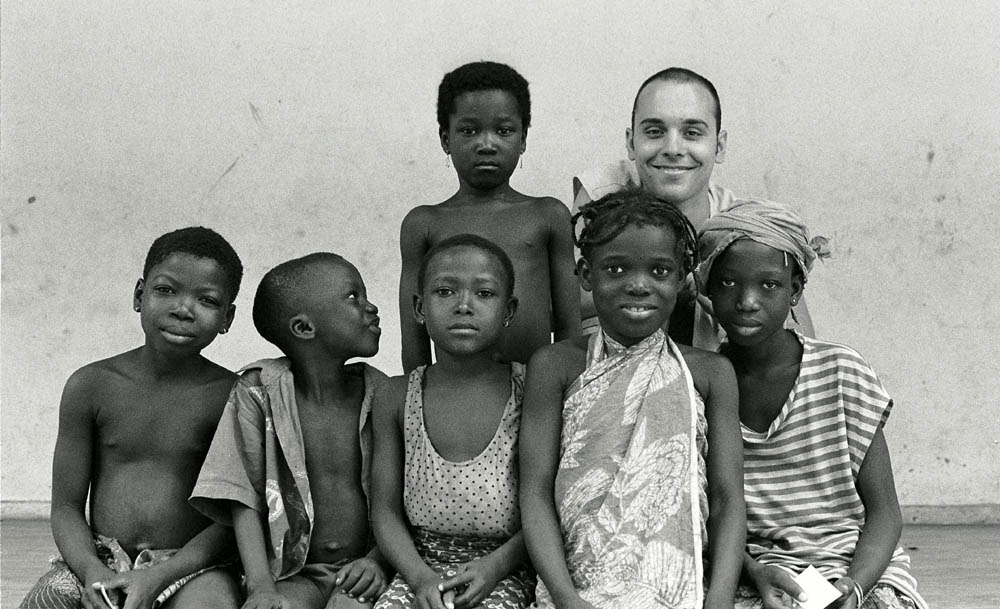In the period from 31.01 to 01.05 2000, I volunteered in Fazao Malfacassa National Park, Togo, West Africa.
Togo experienced a civil war in 1991, which unfortunately spread to the national parks because one of the government businesses was the wild animal trade. Partly for economic reasons and partly to harm the president and his business, the rebels entered the parks and irretrievably wiped out many species of wild animals. Unable to maintain control over national parks, the government entrusted the care of Fazao Malfakassa National Park to the Swiss foundation Franz Weber.
During the NATO bombing of Yugoslavia, the Franz Weber Foundation organized a conference through which it tried to point out the environmental disaster caused by NATO aggression.
Due to circumstances, Ivana Grubišić (my companion) and I came into personal contact with Franz Weber and sent him a letter that we would like to help and learn from his foundation. He probably liked our letter, and he actually invited us to come to Togo and be interns at his foundation. He warned us that the country was on the brink of civil war, but since we had been in civil war for a decade, we did not heed that warning.
Already at the airport itself, when the soldiers shook our suitcases on the floor in search of anything valuable, we realized that the dictatorship we were living in was of a different nature. After we arrived at the national park, we found out that our role would be to educate the people who lived in the village about ecology and nature protection. In the center of the village grew a huge Baobab to which the people of the village prayed and organized spiritual rituals. The idea that we should teach people who relate to the living world on a completely different level, on a level that was beyond our limits of understanding, was absurd to us.
People from the village supported themselves by hunting in the national park, the ban on hunting threatened the lives of their families. On the other hand, part of the national park was open for trophy hunting to Belgian tourists, through which the foundation financed the park guards. Baby elephants were stolen by the army and taken to President Mugabe’s private zoo. There, their papers would be falsified, as if they were born in a zoo in Egypt, then they would be legally sold to European zoos. The elephants were of course aggressive to the local people and would destroy their gardens, which led to even greater hunger, and hostility toward elephants.
It was difficult to find a solution to this complex situation, but this experience definitely changed the course of my life.



























